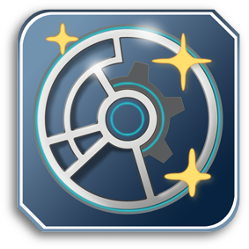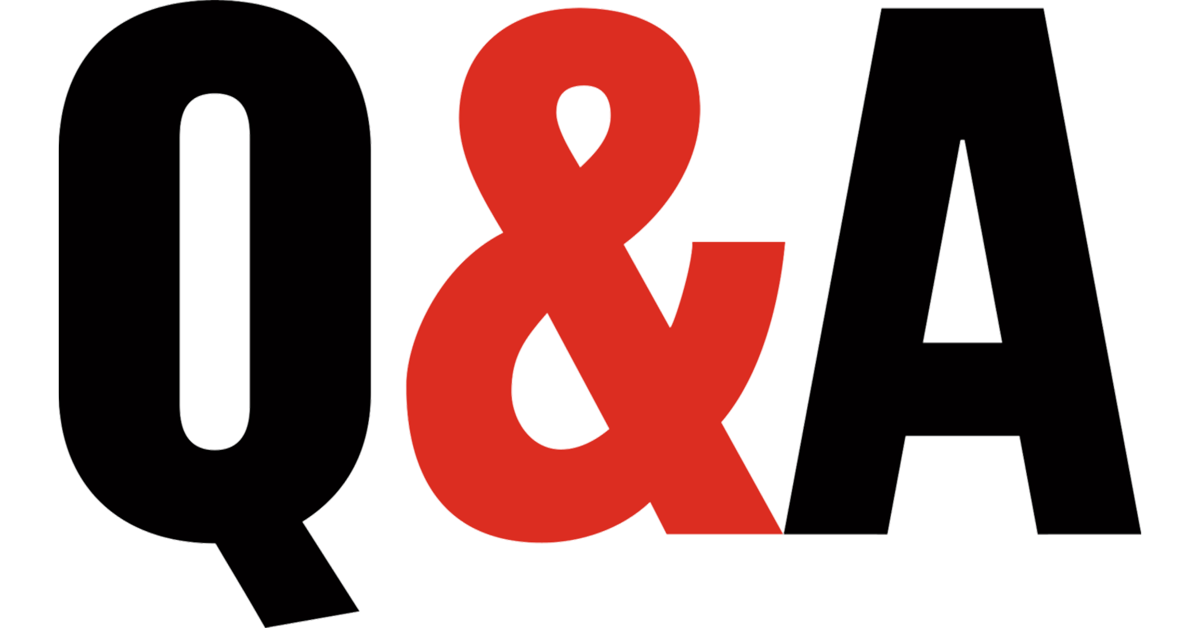
by Marc Mintz | May 11, 2018
Q: How can I stop other people from seeing what I’m doing on my tablet when using their WiFi?
A: The same easy answer to many cybersecurity questions – install and use a Virtual Private Network (VPN).
When using VPN all of your communications are encrypted between your device and the VPN server in the cloud. This makes it (almost) impossible for anyone (but the VPN host) to view your online activity.
There are thousands of VPN providers available. Many, if not most, or not ethical–particularly those that offer services for free. There are several dozen factors to consider when choosing a VPN provider, these are the ones I believe are most important:
- Operate in a country that supports cyber security, and is outside the reach of government intrusion.
- They keep no logs of your activities.
- They offer IKEv2 protocol (the most current, and perhaps most secure), or OpenVPN ( and open source protocol that has proven itself to be secure).
- Offers at least a one-day free trial to test if their product is fully compatible with your device.
- Is priced within your budget.
You will likely be paying between $30 and $80 per year for 2–6 devices that can connect to this one account.
Among my personal favorites are: NordVPN.com, Perfect-Privacy.com, and VPNarea.com
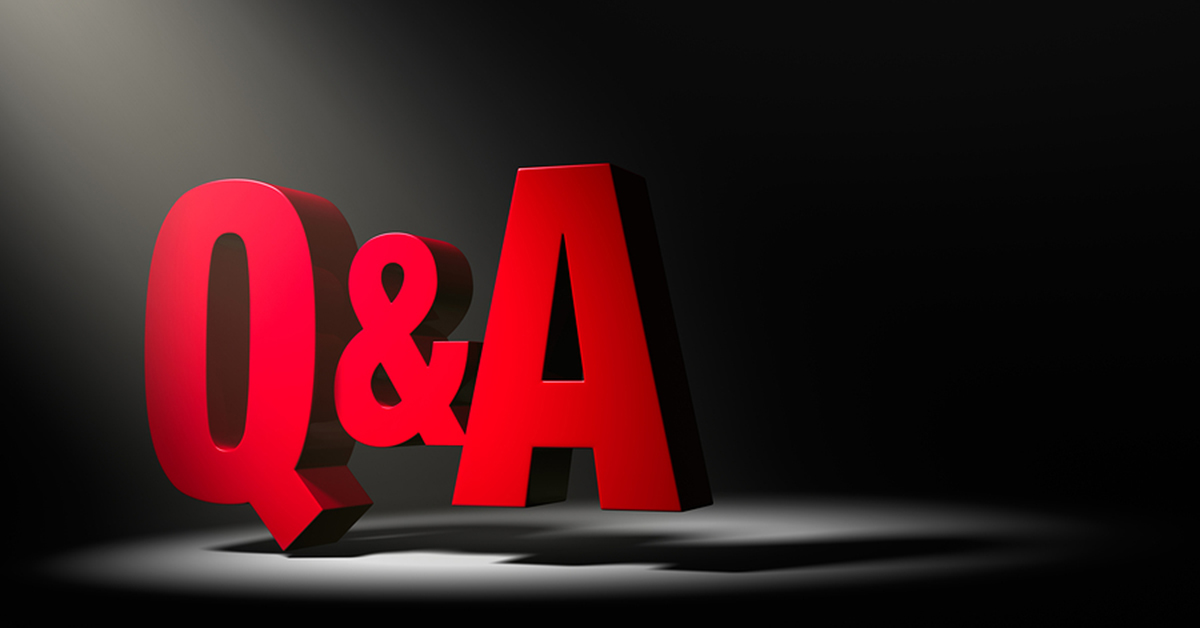
by Marc Mintz | May 11, 2018
Q: Is Hard Drive the best data archival option?
A: With few exceptions, acid-free paper is by far the best archival storage.
A few years back Ziff-Davis did a study on the archival options for IT. This was before solid state drives.
Pretty much everything (HD’s, floppy, cd, dvd) lasted less than 5 years before some corruption was found.
There is some consensus that today Hard Disk Drive (HDD) and Solid State Drive (SSD) last around the same as each other–five years before corruption sneaks in.
That said, there are new Blueray disc formats which promise 1000+ year archival quality.
Even if these devices lasted 10, 100, 1,000 years, good luck of then finding a computer and drive that will have the drivers and ports to read the device.
The best practices is to:
- Have 3 copies of your data. At least 1 copy on-site, at least 1 copy off site.
- Run diagnostics/repairs on storage device at least yearly.
- Copy data from a storage device to a fresh device at least every 5 years.
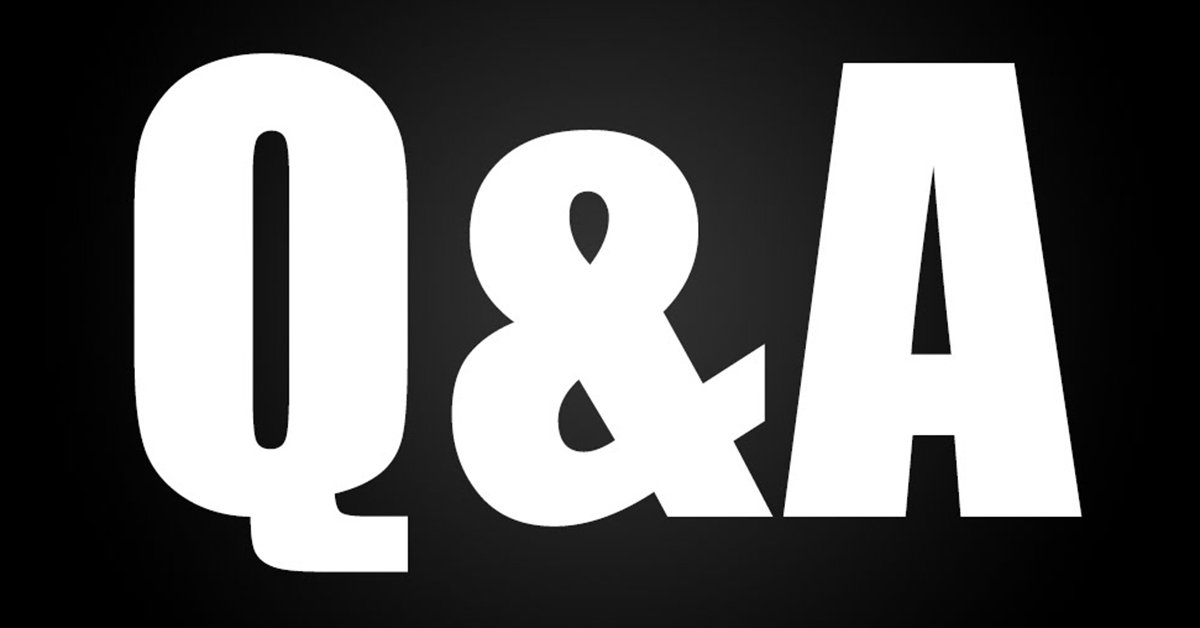
by Marc Mintz | May 11, 2018
Q: How can I recover my deleted documents on a Mac?
A: There are any number of data recovery utilities for macOS available for the consumer.
When an item is moved to the Trash, it is no different than moving it to another folder–as the Trash is just a folder.
When the Trash is emptied, default operation is that the data remains on the drive, but all of the pointers to the item located in the directory system are deleted. Data recovery involves recreating these directory pointers.
However, I don’t recommend end users attempting data recovery using these utilities. I’ve seen far too many times where the data which could have been recovered if the user had done nothing, become permanently deleted after they performed DIY attempts. One of my favorite phrases is just because you have a knife doesn’t make you a surgeon. It is easy to permanently erase data with these utilities.
Instead, if the data is important, I recommend finding a qualified data recovery service. An internet search will find them. MintzIT is one of them.
If the data is not important, sure, experiment with data recovery utilities.
Now, run out and buy an external drive for your local backups, and purchase an internet backup service as well.
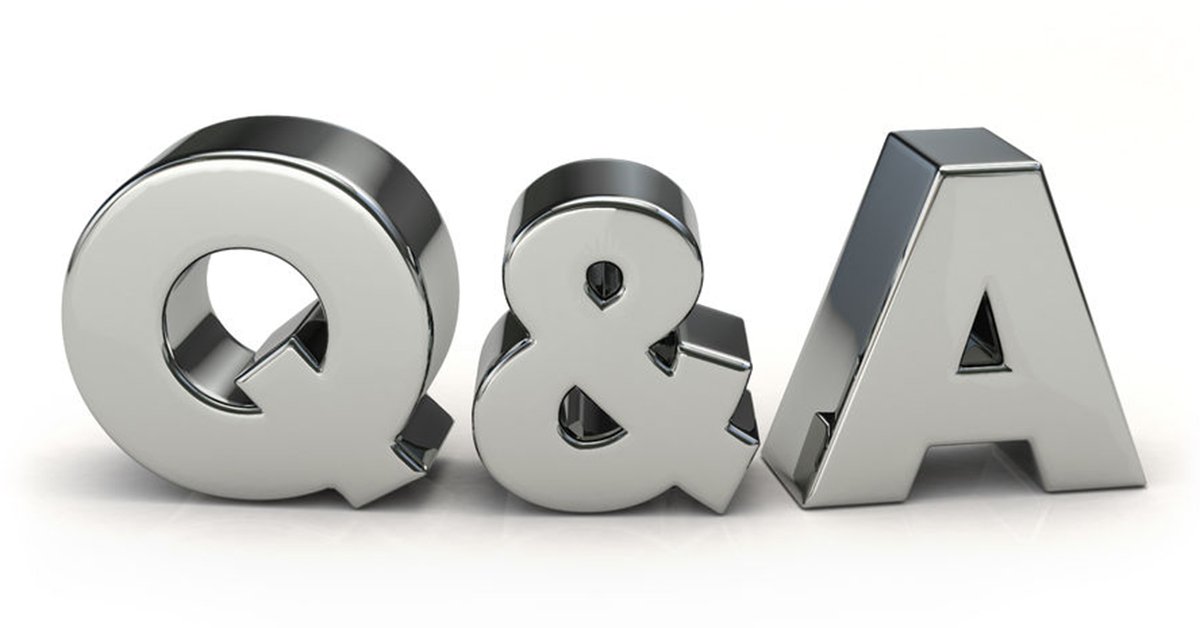
by Marc Mintz | May 10, 2018
How does one get identified through Tor?
Tor is a web browser, that attempts to ensure anonymity by routing web traffic through a series of Tor nodes. Each node only knows which node it is receiving the packet from, and which it is delivering to. The nodes used change every few seconds. The overall internet system used by Tor is called the onion network.
There are several ways in which one gets identified even though using Tor.
The most important with regards to overall security and privacy is that if someone has access to entry and exit nodes, using a bit of intelligence, it is possible to start recognizing a pattern. Given that the US Government does own some entry and exit nodes, it only makes sense they are putting the pieces together.
The second most important method of being identified is through your browser fingerprint. Although you may think your computer is pretty much just like most others out there, there are indeed unique qualities about your computer that can identify it. Once identified, it can be tracked across the web.
The good news is that this part of the puzzle is easy to work around (although few do). That is to have a computer that is EXACTLY, PRECISELY stock. No added anything. Even better is to create a bootable Tails thumb drive (perform a web search on Tails). This is a bootable system with all the tools you need (browser, email, etc.) and since every user of Tails looks the same, makes you able to hide in plain sight.

by Marc Mintz | Nov 14, 2017
Q: DOES IT MATTER WHAT VPN I USE?
A: It is a critical decision which you use.
The reason one uses a VPN is the privacy of one’s internet communications and activities. Choosing the wrong one could expose all of this to the VPN provider, and then to others who will pay for the info.
In addition, some are much faster than others.
Choose wisely grasshopper.
Currently, my personal preference is perfect-privacy.com. Located in Switzerland (government-supported extreme security), they don’t keep logs, allows all of your devices to be on VPN, and they use the latest VPN protocol IKEv2.

by Marc Mintz | Nov 14, 2017
Q: SOMEONE IS TRYING TO HACK INTO MY ACCOUNT. I’M GETTING GOOGLE NOTIFICATIONS ALL DAY LONG. WHAT CAN I DO?
A: First, any password can be broken, garnered, or stolen. It’s just a matter how determined the criminal is and what resources are available to them.
US-CERT (one of the primary groups designated to figure this stuff out for the government) recommends a minimum 15 character password for administrative accounts, and a minimum of 8 for non-admin accounts.
Functionally, isn’t your data every bit as important to you as an admins is to them? This is why I recommend the minimum of 15 for everyone.
Next, implement Google two-factor authentication. This will block the criminal even if they gain your password.
At that point, let them try all they want, it’s not gonna happen.

by Marc Mintz | Nov 13, 2017
Q: HOW DO YOU MAKE YOUR FACEBOOK PROFILE HACK-PROOF?
A: It’s really quite simple – and Facebook provides all of the tools to do so in under 30 minutes. Just log in to Facebook, and head on over to Log into Facebook | Facebook.
The most important issues are:
- Strong password. US-CERT (one of the two Federal groups who is tasked with IT best practices) recommends a minimum of 15 characters. There really isn’t a need for complexity, such as using upper, lower, numbers, and special characters (although that does help). Length is the important factor.
- Enable Two-Factor Authentication. In the event someone does find your password, this makes it impossible for them to log in without the code sent to your phone
The rest of the security settings are primarily about limiting what others can discover about you.
https://www.quora.com/How-do-you-make-your-Facebook-profile-hack-proof/answer/Marc-Mintz-4

by Marc Mintz | Nov 13, 2017
Q: WHY DO SOME VPN PROVIDERS REQUEST THAT YOU DISABLE THE FIREWALL TO USE VPN? HOW SAFE IS IT TO DISABLE THE FIREWALL WHILE ON VPN?
A: To be blunt, because they have either improperly developed their software, or there is some shady business going on.
Your Firewall is a first-line defense for cybersecurity. Do not turn it off. I’ve never worked with a quality VPN provider that required this. Currently, my personal favorite is perfect-privacy.com. This is because they allow all of your devices to be on VPN (not just a few), provide excellent step-by-step setup instructions, and they are among the few VPN providers that are using the most current standard – IKEv2. I find this to be superior to any of the other VPN protocols available.

by Marc Mintz | Nov 13, 2017
Q: WHAT ARE THE POSSIBLE SECURITY RISKS WHEN IMPLEMENTING FILE SYNCHRONIZATION?
A: In addition to all of the security risks present for any mobile device, computer, and server, there are a few other issues to be watchful of:
-
All data must be encrypted during transfer.
-
All data must be encrypted at rest (in storage).
-
Devices at both points need to be secure from physical access.
-
Any computers and Mobile devices involved in the synchronization must have full disk encryption, quality antivirus which is kept up-to-date, users logging in with non-admin accounts, and application whitelisting to prevent malicious apps.
If you are looking at file synchronization with a cloud service, I’m fond of Google G-Suite for Business. They meet and exceed any security requirements, even for HIPAA and SEC, with a price-point that is highly competitive.
https://www.quora.com/What-are-possible-security-risks-when-implementing-file-synchronization/answer/Marc-Mintz-4

by Marc Mintz | Oct 5, 2017
Q: WHAT SHOULD I DO WITH MY HACKED GMAIL ACCOUNT?
A:
- Change your password to a strong password (minimum 15 characters).
- Do not use this password for anything else.
- Enable Google 2-Factor Authentication.
- Done.
All information that has been harvested from your account is water under the bridge. You may need to do some damage control, such as changing all of your passwords.
Original post: https://www.quora.com/What-should-I-do-with-my-hacked-Gmail-account/answer/Marc-Mintz-4

by Marc Mintz | Sep 28, 2017
Q: CAN ANYONE SPY ON MY PHONE BY KNOWING MY IP OR GMAIL?
A: Simple answer: No.
Original post: https://www.quora.com/Can-anyone-spy-on-my-phone-by-knowing-my-IP-or-my-Gmail/answer/Marc-Mintz-4

by Marc Mintz | Sep 28, 2017
Q: IS THERE A SIMPLE PROGRAM OR WEBSITE THAT WILL ALLOW ME TO COLLABORATE ENCRYPTED DOCUMENTS WITH OTHERS THAT ARE USING IPHONE OR ANDROID?
A: Sure. Google drive with google doc files. Encrypted in transit and at rest.
Original post: https://www.quora.com/Is-there-a-simple-program-or-website-that-will-allow-me-to-collaborate-encrypted-documents-with-others-that-are-using-iPhone-or-Android/answer/Marc-Mintz-4

by Marc Mintz | Sep 28, 2017
Q: ARE ALL ICLOUD EMAIL ADDRESSES SAFE FOR IMPORTANT EMAILS?
A: Apple email sends and receives using encrypted protocols. However, you have no certainty if encryption is present from the point between Apple and the other person. Because of this, you cannot consider Apple email secure. The same is true for almost every other email service.
Therefore, with very few exceptions all email is insecure.
The solution is to encrypt your email end to end. There are several options to do this, the most common being: PGP/GPG, S/MIME, and now Virtru.
You could also use an email provider that is built from the ground up for security. One of the better is protonmail.com.
Original post: https://www.quora.com/Are-all-iCloud-email-addresses-safe-for-important-emails/answer/Marc-Mintz-4

by Marc Mintz | Sep 28, 2017
Q: WHICH ARGUMENT CAN I GIVE SOMEONE WHO DOESN’T CARE IF MICROSOFT, THE NSA, OR WHOEVER, VIOLATES PRIVACY, BY SAYING “I DON’T HAVE ANYTHING TO HIDE”?
A: Ask them for their bank account credentials, and their email password. Then ask if you can have possession of their phone for a day/week/month.
They have nothing to hide, so why the concern for you to have this information.
It’s not about having nothing to hide. It’s about security and privacy.
Original post: https://www.quora.com/Which-argument-can-I-give-someone-who-doesn%E2%80%99t-care-if-Microsoft-the-NSA-or-whoever-violates-privacy-by-saying-%E2%80%9CI-don%E2%80%99t-have-anything-to-hide%E2%80%9D/answer/Marc-Mintz-4
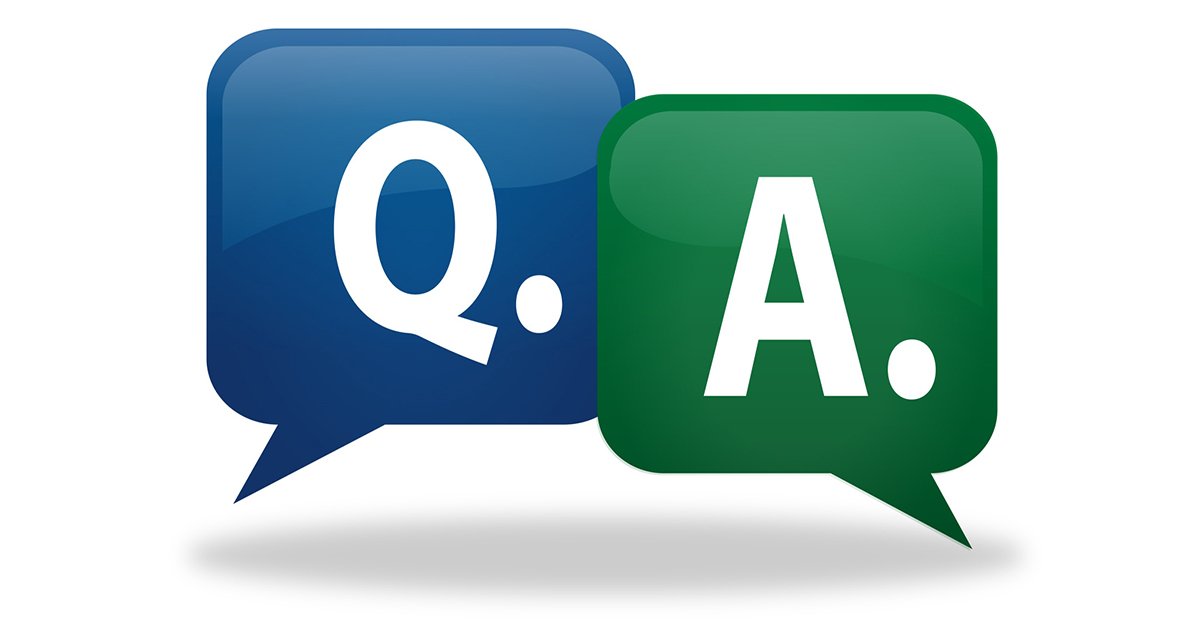
by Marc Mintz | Sep 28, 2017
Q: CAN SOMEONE MAKE CALLS FROM MY IPHONE REMOTELY?
A: “Can” they do it? I’m sure it can be done. “Have” they (or anyone) done it to iPhone? I haven’t seen any documented instance.
It is far more likely that someone has spoofed your phone number – calling someone while making it look like the call came from your phone number. This is a trivial task to do.
Original post: https://www.quora.com/Can-someone-make-calls-from-my-iPhone-6-remotely/answer/Marc-Mintz-4

by Marc Mintz | Sep 28, 2017
Q: CAN THE FEDS ANONYMOUSLY MONITOR YOUR PROFILE WITHOUT FRIENDING YOU, EVEN IF IT’S A PRIVATE PROFILE AND BYPASS PRIVACY SETTINGS?
A. Absolutely. And they do. Not for everyone, but for anyone. Fully legal due to a number of laws passed by Congress after 911. They can even monitor most off-shore traffic.

by Marc Mintz | Sep 28, 2017
Q: IS YOUR EMAIL ADDRESS SEARCHABLE ON LINKEDIN?
A: If you are asking if in my case is it searchable, yes it is. My LinkedIn account is business only. No personal info that wouldn’t be quickly found with an internet search.
If you are asking a general question, this is a preference setting within LinkedIn. You have the option to turn this off.
LinkedIn, Google, Facebook – all social media – exists for one reason, and one reason only. That is to monetize information about you. You are the product. These services typically know far more about you than your spouse or mother.
And each now offers ways to stop or at least limit the information that can be harvested. Within their preference settings, you may configure how your information is shared and accessed. In the case of internet searches, I strongly recommend using DuckDuckGo.com (which can be made the default search engine for most browsers).

by Marc Mintz | Sep 28, 2017
Q: HOW CAN A CONSUMER PREVENT EQUIFAX FROM CAPTURING THEIR PERSONAL INFORMATION?
A. The simple answer is, you don’t. This is the nature of cybersecurity, advertising, and digital life.
What you can do is to ensure that your own house is in order. This includes:
- Validating your bank accounts, credit card statements, and other financials monthly.
- Checking your 3 major credit reports monthly.
- If there is anything incorrect, immediately submit correction paperwork.
- Freeze your credit.
- Ensure that your own computer storage and backup are strongly encrypted.
- Ensure you are using secure email.
- Ensure your home/business network is secure (this may take an IT security consultant to verify)
- Ensure your phone is secure.
- Use only strong passwords – a minimum of 15 characters, with a mix of uppercase, lowercase, numeric, and special characters. Complexity is not important – length is.
- Never share your passwords.

by Marc Mintz | Sep 28, 2017
Q: CAN SIMPLY CLICKING A WEBSITE GIVE YOU A VIRUS OR MALWARE?
Absolutely. I see it almost every day.
I recommend the following to help shield your system and yourself from malicious sites:
- Install only vital browser extensions. Beware of any extension.
- Install trafficlight from Bitdefender extension in your browsers
- Only log in to your computer with a non-admin account (Standard/Normal or Child/Parental Control account).
- Do not install Adobe flash or java.
- Use a different password for each site.
- All passwords should be “strong” (minimum 15 characters)
Original post: https://www.quora.com/Can-simply-clicking-a-website-give-you-a-virus-or-malware/answer/Marc-Mintz-4
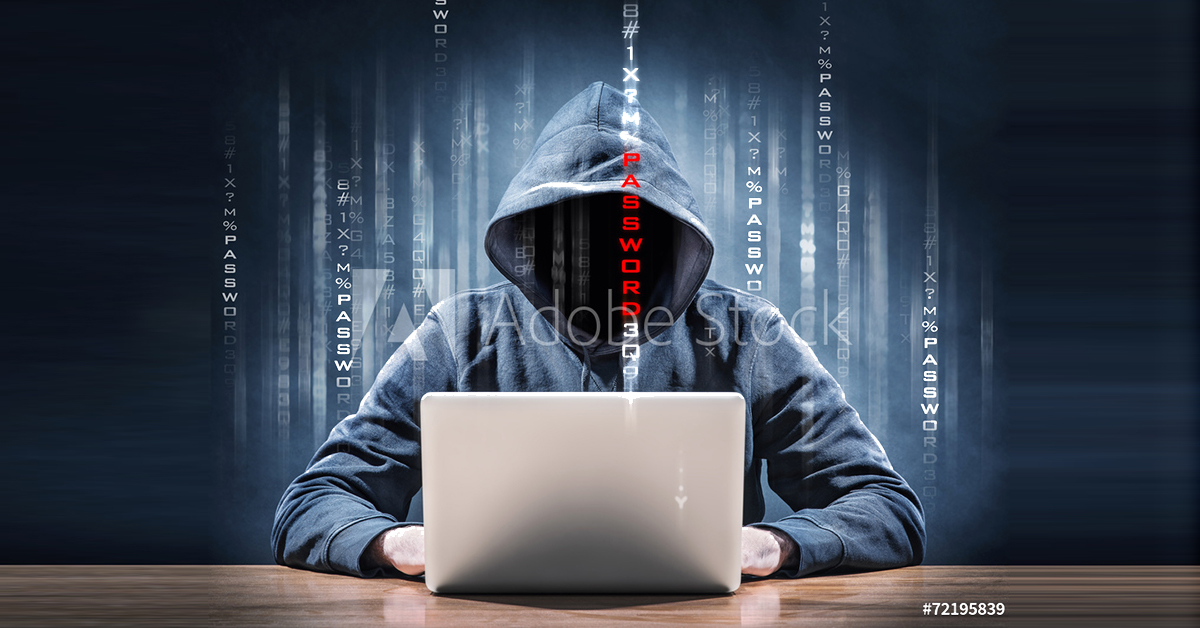
by Marc Mintz | Aug 23, 2017
A: A usb Drive is just a storage device. Connecting it to a computer doesn’t do anything to provide remote access or control.
If the usb Drive has remote control software in it, you connect the drive to a computer, install the software, and have the corresponding control software in your computer, then you will have remote access and control.
There may be over 100 applications that can provide this function. I’m particularly fond of LogMeIn Hamachi.
(Originally published on Quora.com https://www.quora.com/If-I-plug-in-a-USB-drive-in-another-computer-can-I-make-it-so-I-can-remote-control-that-computer-at-home)








